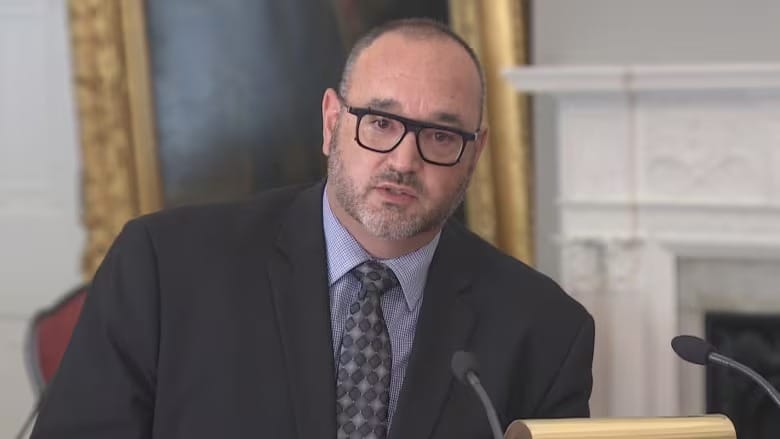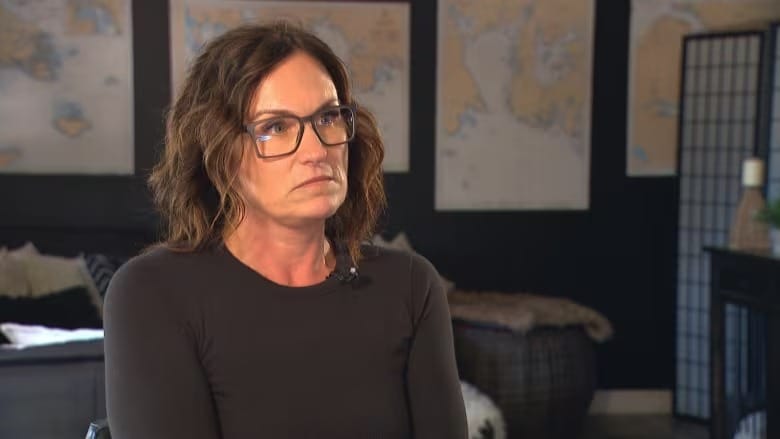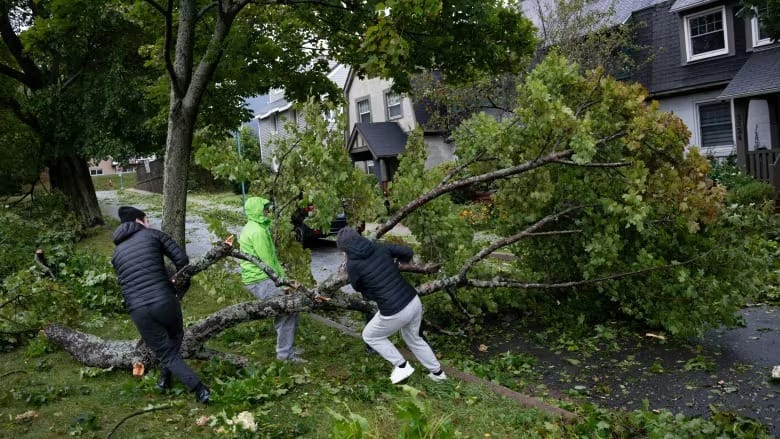N.S. regulatory board says funeral directors should be required to confirm body ID before cremation
The court ruled that Joseph Curry, the funeral director in the 2021 case, was not legally required to verify the identity of a body before cremation.

The regulatory board overseeing funeral directors in Nova Scotia is calling for changes to the law to ensure individual accountability when a wrongful cremation occurs.
Adam Tipert, a funeral director in Bridgewater and chair of the Nova Scotia Board of Registration of Embalmers and Funeral Directors, expressed concern over a recent Court of Appeal ruling that exonerated a Cape Breton funeral director involved in the province's second wrongful cremation in five years. He believes the decision undermines efforts to hold individuals accountable, as intended by legislative changes following a similar incident in 2017.
"The fact that a human remains came into the custody of a funeral home and no particular individual ever took the responsibility to open the body pouch to even confirm an identity … that, in my opinion, is just absolute neglect," said Tipert. "An individual has to be held responsible."
Court Ruling and Accountability
The court ruled that Joseph Curry, the funeral director in the 2021 case, was not legally required to verify the identity of a body before cremation. Instead, it placed the responsibility on the funeral home. The error was attributed to the medical examiner's service at the hospital.
Following the incident, Service Nova Scotia suspended the licence of Forest Haven Memorial Gardens, the funeral home where Curry worked, for two months. However, while the regulatory board revoked Curry's licence, both the Supreme Court and the Court of Appeal reinstated it, stating the law did not specifically mandate individual accountability.
Legislative Loopholes
Tipert explained that the board sought to amend the law in 2018, intending to hold funeral directors accountable through their association with funeral homes. However, the recent court decision highlighted gaps in the legislation.
"It's disappointing to know that there are funeral directors who choose to operate their business within the loopholes of the legislation rather than adhere to its intended purpose," he said.
Tipert emphasized that the board is collaborating with Service Nova Scotia to revise the law again, aiming to prevent future wrongful cremations. "We realize that their grief can never really be finalized, but this whole process perpetuates their pain," he said. "My message to them is that we are doing what we can to ensure this doesn’t happen again."
Calls for Stronger Regulations
The Funeral Service Association of Nova Scotia, representing funeral homes, criticized the lack of progress in strengthening regulations after the 2017 incident. In a statement, the association said earlier efforts to address these issues were "largely ignored."
The group urged the provincial government to collaborate closely with them to ensure clarity in the responsibilities of everyone involved in the death-care process.
Service Nova Scotia confirmed that it is reviewing regulations and working with stakeholders to identify improvements, though no specific details were provided.





